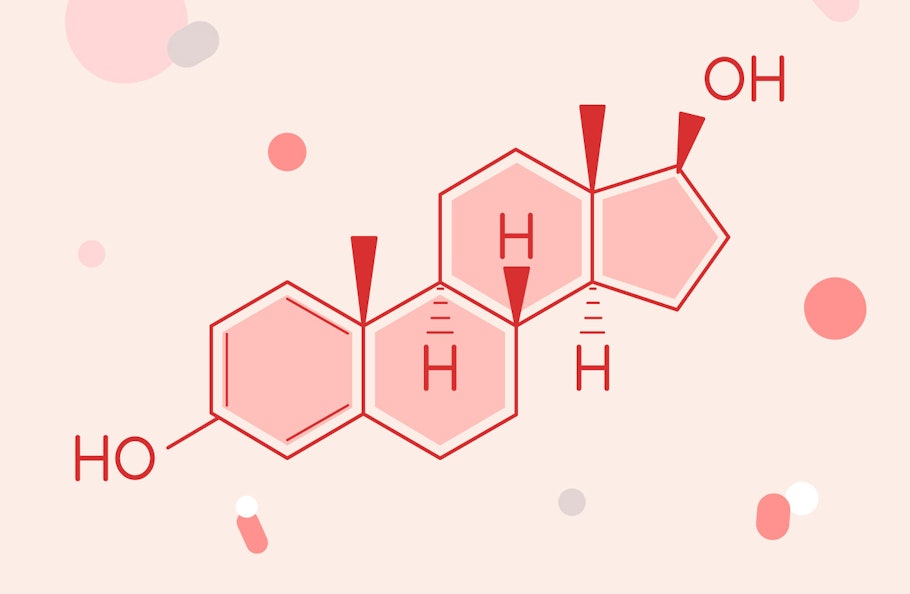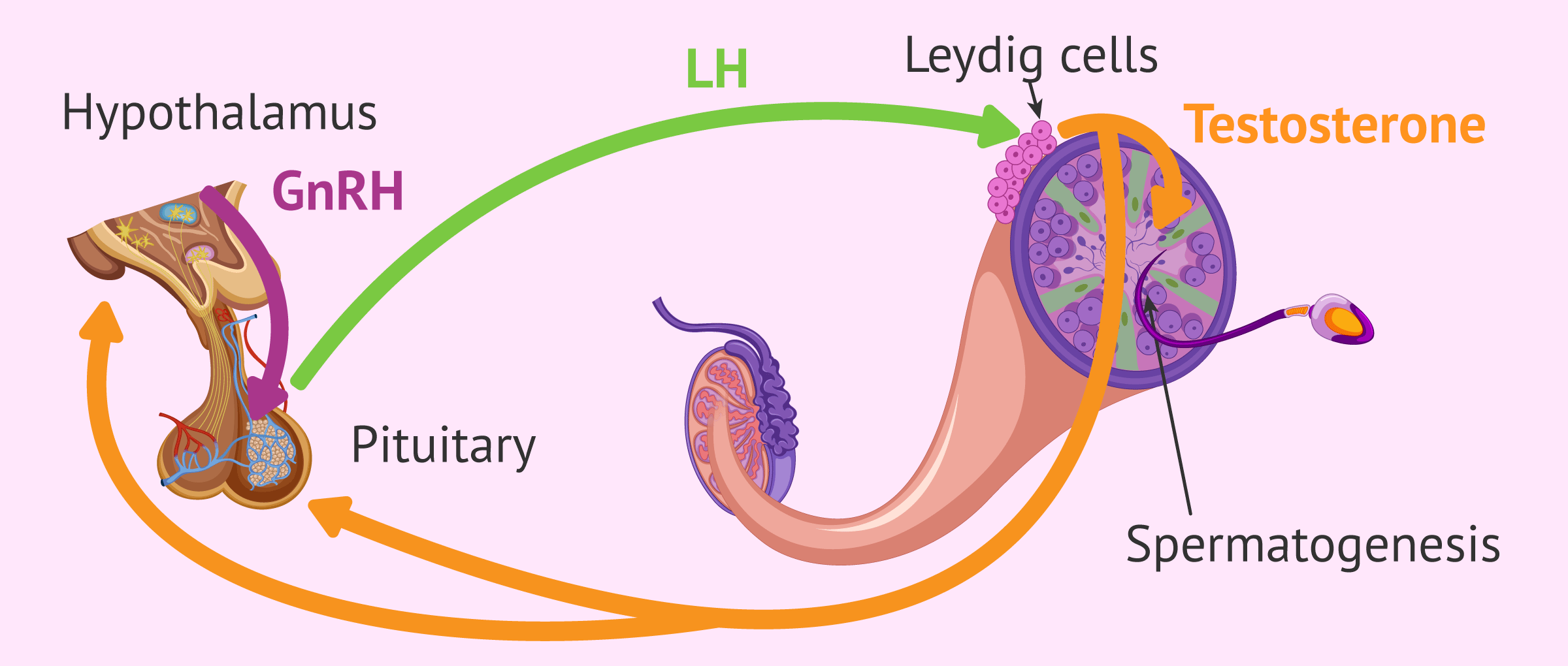
Female Hormones and Menstrual Cycle Regulation
The female endocrine system plays a crucial role in maintaining regular menstrual cycles and overall health. This article examines the mechanisms of female hormones, factors influencing the menstrual cycle, and effective methods for menstrual regulation.
Mechanisms of Female Hormones
Female hormones primarily consist of estrogen and progesterone, produced by the ovaries, pituitary gland, and adrenal glands.
- Estrogen: Primarily responsible for developing and maintaining female sexual characteristics and the menstrual cycle. It promotes the growth of the uterine lining (endometrium) to prepare for embryo implantation and regulates ovulation.
- Progesterone: Primarily produced during the luteal phase (post-ovulation) of the menstrual cycle. It thickens the uterine lining and prepares it for embryo implantation. If pregnancy does not occur, progesterone levels decline, leading to the shedding of the uterine lining and the start of a new menstrual cycle.

Signs of Female Hormone Disorders and Their Impacts
Hormonal imbalances can lead to a variety of symptoms, including:
- Menstrual Cycle Irregularities: Irregular, shortened, or lengthened menstrual cycles; amenorrhea (absence of menstruation) or excessive bleeding.
- Weight Changes: Sudden unexplained weight gain or loss.
- Skin Problems: Acne or oily skin; dry skin or rashes.
- Hair Problems: More hair loss than usual; thinning and weakening of hair.
- Mood Swings: Mood instability, increased stress, anxiety, or depression.
- Sleep Issues: Insomnia or poor sleep quality.
- Sexual Health Issues: Vaginal dryness, pain during sexual intercourse, and decreased libido.
- Fatigue and Weakness: Persistent fatigue and lack of energy.
- Digestive Symptoms: Bloating, indigestion, or changes in bowel habits.
Hormonal Influence on the Menstrual Cycle
Hormones play a critical role in regulating and maintaining the menstrual cycle, which is essentially the cyclical changes in the uterine lining, controlled by complex interactions between key hormones. Here’s a breakdown of the effects of key hormones on the menstrual cycle:
Estrogen
- Follicular Phase (early cycle): Estrogen is primarily produced from ovarian follicles. In the early menstrual cycle, rising estrogen levels stimulate the growth of follicles and thicken the uterine lining to prepare for potential embryo implantation.
- Impact on the Uterine Lining: Estrogen enhances the development of the endometrium, creating an ideal environment for embryo implantation if fertilization occurs.

Progesterone
- Luteal Phase (post-ovulation): After ovulation, the follicle cells transform into the corpus luteum and produce progesterone. Progesterone maintains the uterine lining’s development and prepares it for potential embryo implantation.
- Impact on the Uterine Lining: Progesterone thickens the uterine lining and makes it nutrient-rich, creating favorable conditions for embryo development. If pregnancy does not occur, progesterone levels decrease, causing the uterine lining to shed and initiate a new menstrual cycle.
Follicle-Stimulating Hormone (FSH) and Luteinizing Hormone (LH)
- FSH: Produced by the pituitary gland, FSH stimulates the development of ovarian follicles. Increased FSH levels are crucial for follicle maturation and estrogen production.
- LH: Also produced by the pituitary gland, LH triggers ovulation, the release of the mature egg from the ovary. LH enhances progesterone production from the corpus luteum after ovulation.

Other Factors
- Pituitary Gland: Regulates FSH and LH production, influencing the menstrual cycle and follicle development.
- Thyroid and Adrenal Glands: Hormones from these glands can also affect sex hormone levels and the menstrual cycle.
Impacts of Hormonal Disorders
- Irregular Menstruation: Imbalances between estrogen and progesterone can lead to irregular cycles or the absence of menstruation.
- Painful and Heavy Menstruation: Increased or decreased hormone levels can cause painful or heavy periods.
- Conception Issues: Hormonal imbalances can contribute to difficulties conceiving or fertility problems.
Tips for Hormone Regulation and Menstrual Cycle Management
Several effective tips and methods can help regulate hormones and menstrual cycles. These include:
Maintaining a Healthy Diet
- Consume Fiber-Rich Foods: Green vegetables, fruits, and whole grains help balance hormones and improve digestive health.
- Ensure Adequate Vitamin and Mineral Intake: Vitamins B, D, calcium, and magnesium play crucial roles in maintaining stable hormone levels.
- Consume Omega-3-Rich Foods: Salmon, chia seeds, and flaxseeds have anti-inflammatory effects and help balance hormones.
Stress Management
- Practice Stress Reduction Techniques: Yoga, meditation, and relaxation exercises can reduce stress and positively influence hormone balance.
- Plan and Manage Time: Ensure adequate rest and relaxation to reduce stress and pressure.
Regular Exercise
- Engage in Light Exercises: Activities like walking, swimming, and yoga can balance hormones and maintain overall health.
- Avoid Overexertion: Excessive exercise can disrupt hormones and affect the menstrual cycle.

Maintain a Healthy Weight
- Manage Weight: Achieving and maintaining a healthy weight can help regulate hormones and the menstrual cycle. Both excessive weight and being underweight can cause hormonal imbalances.
Regular Health Check-ups
- Undergo Health Screenings: Regular check-ups of health indicators and hormone levels allow for early detection of issues and timely adjustments.
- Consult a Doctor: Seek advice from a specialist if you experience hormonal imbalances or irregular menstrual cycles.
Use Prescription Medications as Directed
- Hormone Therapy: If necessary, your doctor may prescribe hormone-regulating medications like birth control pills or hormone replacement therapy to regulate the menstrual cycle and balance hormones.
Establish Healthy Lifestyle Habits
- Get Enough Sleep: Ensure sufficient sleep every night to maintain hormone balance.
- Avoid Harmful Habits: Limit alcohol consumption, smoking, and other stimulants.
Practice Traditional Medicine Methods
- Use Herbs: Certain herbs, such as chasteberry (Vitex), stinging nettle, and ginger, may support hormone regulation.
- Consider Acupuncture and Acupressure: Traditional medicine methods can help regulate hormones and improve overall health.
“The specific herbs in Kanpo 206 and their individual benefits for women’s health”
Kanpo 206 is a carefully formulated blend of traditional Chinese herbs, each selected for its unique properties and contributions to women’s health. Let’s delve into the specific herbs and their benefits:
- Angelica dahurica root (Xuan-kuang): This herb is known for its warming and invigorating properties. It helps to improve blood circulation, alleviate menstrual cramps, and regulate the menstrual cycle.
- Radix Alismatis (Zhe-che): This herb is often used to promote urination and reduce fluid retention. It can also help to clear heat and dampness, which can contribute to menstrual irregularities.
- Angelica sinensis root (Dang-gui): A classic herb for women’s health, Angelica sinensis root is known for its blood-enriching and pain-relieving properties. It helps to nourish the blood and regulate menstruation.
- Atractylodes macrocephala rhizome (Bai-zhu): This herb is used to strengthen the spleen and promote digestion. It can also help to dry dampness and reduce swelling.
- Poria cocos sclerotium (Fu-ling): Poria cocos is known for its calming and diuretic properties. It can help to reduce anxiety and promote restful sleep.
- Paeonia lactiflora root (Shu-di): This herb is often used to nourish the blood and liver. It can help to alleviate pain and improve blood circulation.
These herbs work synergistically to address the underlying causes of menstrual irregularities, such as blood stasis, Qi stagnation, and dampness. By nourishing the blood, regulating the menstrual cycle, and promoting overall health, Kanpo 206 provides a comprehensive approach to women’s health.
Conclusion
Regulating hormones and the menstrual cycle is a holistic process involving various factors, including diet, stress management, exercise, and regular health check-ups. By following the tips above and implementing proper healthcare practices, individuals can maintain hormonal balance and stable menstrual cycles. If you experience severe or persistent problems, seek advice from a doctor for appropriate treatment.